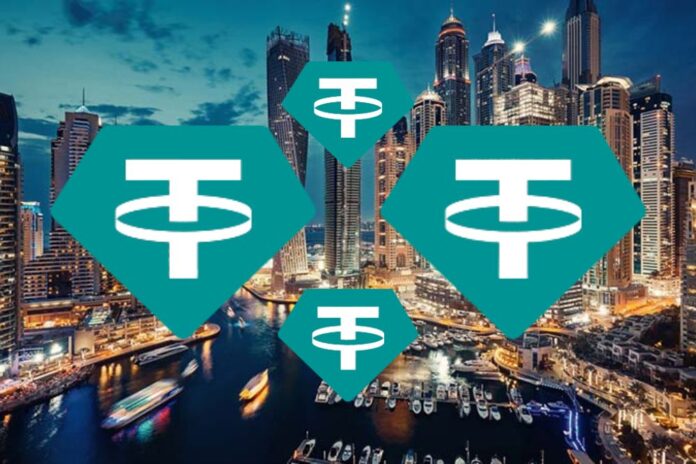Mike Williams, a prominent cryptocurrency trader and enthusiast, recently shared a detailed thread discussing the implications of the EU’s upcoming Markets in Crypto Assets Regulation (MICAr).
This regulatory framework, which took effect on December 30, 2024, has profound implications for the cryptocurrency ecosystem in Europe and potentially beyond. Here, we analyze Williams’ claims, provide context, and assess his suggested solutions.
What is MICAr?
MICAr is the European Union’s comprehensive regulation governing cryptocurrency markets. The regulation establishes a licensing regime for cryptocurrency businesses and introduces stringent Know Your Customer (KYC) and anti-money laundering (AML) requirements. It is part of the EU’s broader effort to provide clear legal frameworks for digital assets, ensuring transparency, consumer protection, and market integrity.
Key provisions include:
Travel Rule Compliance: Cryptocurrency businesses must collect and share identifying information about both the sender and recipient of all transactions, regardless of their size.
Universal Wallet KYC: Both hot and cold wallets will require identity verification, providing authorities with complete visibility into user transactions.
Stablecoin Delisting: Certain stablecoins, including USDT, will be delisted from many EU exchanges, likely due to non-compliance with regulatory standards.
Implications for Crypto Users
Williams emphasizes the far-reaching consequences of MICAr, particularly its impact on user privacy and the foundational principles of cryptocurrency. The mandatory sharing of personal data across exchanges raises significant concerns about data security, as centralized data pools become increasingly vulnerable to leaks and misuse.
Additionally, the requirement to link identities to non-custodial wallets undermines the decentralized and private financial control that cryptocurrency was designed to offer. Furthermore, the delisting of USDT introduces the risk of disrupting trading and liquidity for European users, effectively steering them toward compliant alternatives like USDC.
Williams also criticizes the narrative driving these regulations, arguing that they serve traditional financial institutions by discouraging decentralized alternatives. He claims that offline wallets do not inherently increase risks of criminal activity, as they lack fiat on-ramps, making these measures excessive and invasive.
We are on twitter, follow us to connect with us :- @TimesTabloid1
— TimesTabloid (@TimesTabloid1) July 15, 2023
Workarounds and Recommendations
Williams suggests practical solutions for users to maintain control over their assets:
Non-KYC Exchanges: Moving funds to non-KYC platforms like Toobit can help users avoid the new regulatory restrictions. However, users should exercise caution when using lesser-known platforms to ensure security and compliance with applicable laws.
Offline Wallets: Utilizing fresh, unlinked cold wallets gives users more control over their privacy, although this may require additional steps to manage funds effectively.
Mike Williams’ insights underscore the transformative and controversial nature of MICAr. While the regulation aims to bring transparency and accountability to the crypto industry, it also raises legitimate concerns about privacy, data security, and user autonomy. As the regulatory landscape evolves, crypto users must stay informed, adapt their strategies, and carefully consider how best to safeguard their assets and privacy.
For now, Williams’ thread serves as both a wake-up call and a guide for those navigating the shifting tides of cryptocurrency regulation in Europe and beyond.
Disclaimer: This content is meant to inform and should not be considered financial advice. The views expressed in this article may include the author’s personal opinions and do not represent Times Tabloid’s opinion. Readers are urged to do in-depth research before making any investment decisions. Any action taken by the reader is strictly at their own risk. Times Tabloid is not responsible for any financial losses.
Follow us on Twitter, Facebook, Telegram, and Google News



